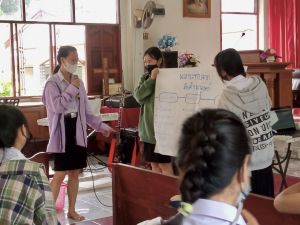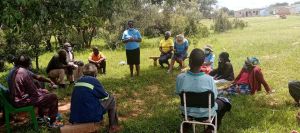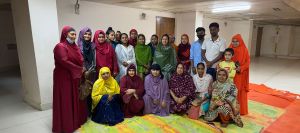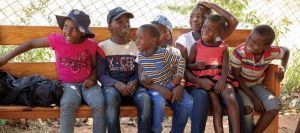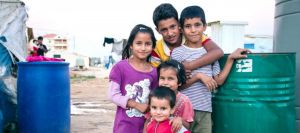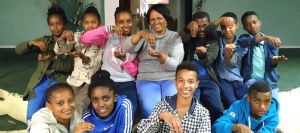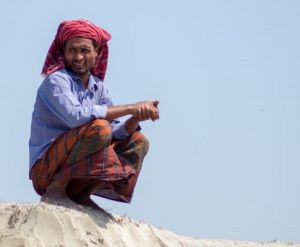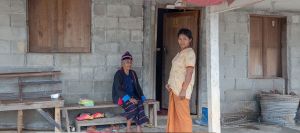
Project for Stateless People in Tak Province in Thailand
Project Name Project for Stateless People in Tak Province in Thailand Project Location Thailand Project Natures Church and Community Mobilisation Advocacy Project Objectives Improve the quality of life for 1,500 stateless people by assisting them in getting identity cards in one year; Mobilise local churches in project villages to reach out to the stateless people in their communities. Beneficiaries Stateless people in project villages who are eligible for citizenship, including 194 people with disabilities (PWD): 365 children & youth 109 elderly 1,026 adults No. of Beneficiaries 12,059 Key Activities Advocacy on Citizenship: Organise five village workshops in collaboration with district staff to deliver information on ID card applications; Engage volunteers to conduct community outreach, assist with applications, and


